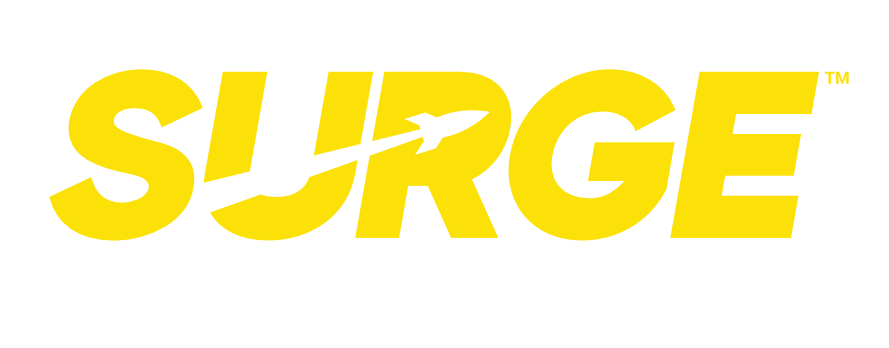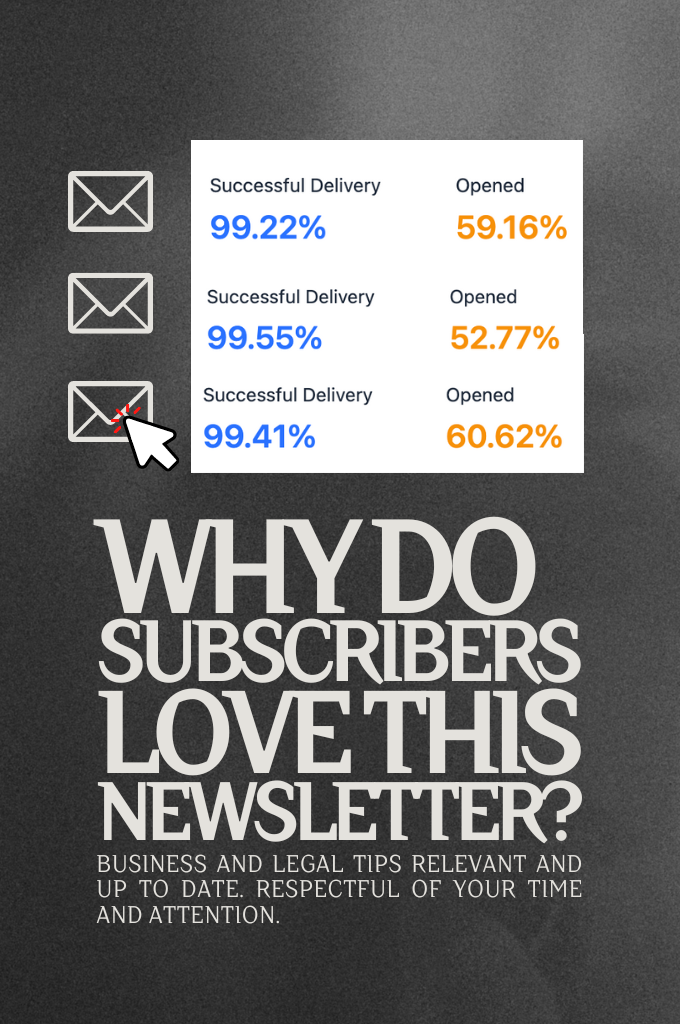Buying an Existing Business: What You Need to Know
Buying an existing business can be a great way to jumpstart your entrepreneurial journey, but it’s not without its risks. Whether you’re looking to take over a local store or acquire a larger operation, purchasing a business requires careful planning and evaluation. Making sure the business aligns with your goals, assessing its financial health, and navigating the legal steps are all crucial to making a smart investment. In this post, we’ll walk you through the advantages, risks, and steps involved in buying an existing business.
Why Buy an Existing Business?
Starting a business from scratch is exciting, but it can also be overwhelming. That’s why many entrepreneurs choose to buy an existing business instead. Here are some key reasons:
- Established Customer Base: You’re inheriting a loyal base of customers, saving you time and money on marketing.
- Proven Business Model: The business has already figured out what works, reducing the trial-and-error process that comes with startups.
- Immediate Cash Flow: With an existing operation, you can start generating income right away.
- Existing Infrastructure: You won’t need to build processes, hire staff, or set up supply chains from scratch.
While buying an existing business offers a smoother start, it’s essential to look at the potential drawbacks too.
Pros and Cons of Acquiring an Existing Business
Pros:
- Reduced Startup Risk: You’re buying a business with a proven track record, which lowers the risk compared to starting from scratch.
- Financing Options: Lenders are often more willing to finance an acquisition of a proven business than a brand-new venture.
- Faster Return on Investment: Since the business is already operating, you may see profits sooner.
Cons:
- Hidden Problems: There could be unresolved legal issues, debts, or employee conflicts.
- Cultural Fit Issues: It can be challenging to step into a leadership role with an existing team and maintain the business culture.
- Outdated Processes: Some existing businesses may require an overhaul of outdated systems or technology.
Some Problems to Avoid
When buying a business, it’s important to avoid common pitfalls. Here are a few problems to watch out for:
- Relying on the Seller’s Projections: Sellers may present overly optimistic financial projections. Always ask for historical data to verify claims.
- Overpaying for Goodwill: While goodwill—such as brand reputation or customer relationships—adds value, it’s important not to overpay for it.
- Ignoring Industry Trends: Make sure the business isn’t in a declining industry or facing significant challenges from market changes.
- Undisclosed Liabilities: Conduct thorough due diligence to uncover any hidden debts, lawsuits, or contract obligations.
How to Evaluate a Business Before Purchase
Evaluating a business thoroughly is key to ensuring you’re making a smart investment. Here are some steps to follow:
- Review Financial Statements: Look at the last three to five years of financials, including profit and loss statements, balance sheets, and tax returns.
- Assess Customer and Vendor Relationships: Speak to key customers and suppliers to ensure these relationships will continue after the purchase.
- Check for Legal Issues: Look for any ongoing lawsuits, unresolved disputes, or regulatory issues.
- Understand the Business’s Reputation: Check online reviews, industry forums, and talk to customers to gauge the company’s standing in the community.
- Evaluate Assets and Inventory: Confirm the value of equipment, property, and inventory being sold with the business.
Legal Steps in Buying a Business
The legal side of buying a business involves several important steps:
- Letter of Intent (LOI): This is a non-binding agreement that outlines the basic terms of the deal.
- Due Diligence: During this phase, you’ll thoroughly review the financials, contracts, and operations to uncover any potential risks.
- Purchase Agreement: This legally binding contract outlines the terms of the sale, including what is being purchased (assets vs. stock), the price, and contingencies.
- Transfer of Licenses and Permits: Make sure all necessary business licenses and permits are transferred or re-applied for under your ownership.
- Employment Contracts: If you’re keeping the existing staff, review and update employment contracts to reflect the new ownership.
Working with a lawyer throughout the process ensures that you don’t miss any critical steps and protects your interests during the transaction.
Financing Options for Business Purchases
Most business purchases require financing. Here are some common options to consider:
- Bank Loans: Traditional bank loans are a common way to finance a business purchase, especially if the business has a solid financial history.
- SBA Loans: The Small Business Administration (SBA) offers loans specifically designed to help entrepreneurs buy existing businesses.
- Seller Financing: In some cases, the seller may offer to finance part of the purchase price, allowing you to pay in installments.
- Investor Funding: If you’re taking over a larger or high-growth business, you might consider bringing in investors to finance the acquisition.
It’s important to explore multiple financing options and choose the one that fits your needs. A lawyer can also help you navigate the financing process by reviewing loan agreements and ensuring all terms are favorable.
Conclusion: Making a Smart Investment
Purchasing an existing business is a significant commitment, but with thorough evaluation and careful planning, it can be a rewarding endeavor. By understanding the process, evaluating the business properly, and navigating the legal and financial steps, you can set yourself up for success.
At Surge Business Law, we help clients through every step of the acquisition process, from due diligence to closing the deal. If you’re considering buying a business, contact us today to learn more about how we can help you make a smart investment and ensure a smooth transition into ownership.


